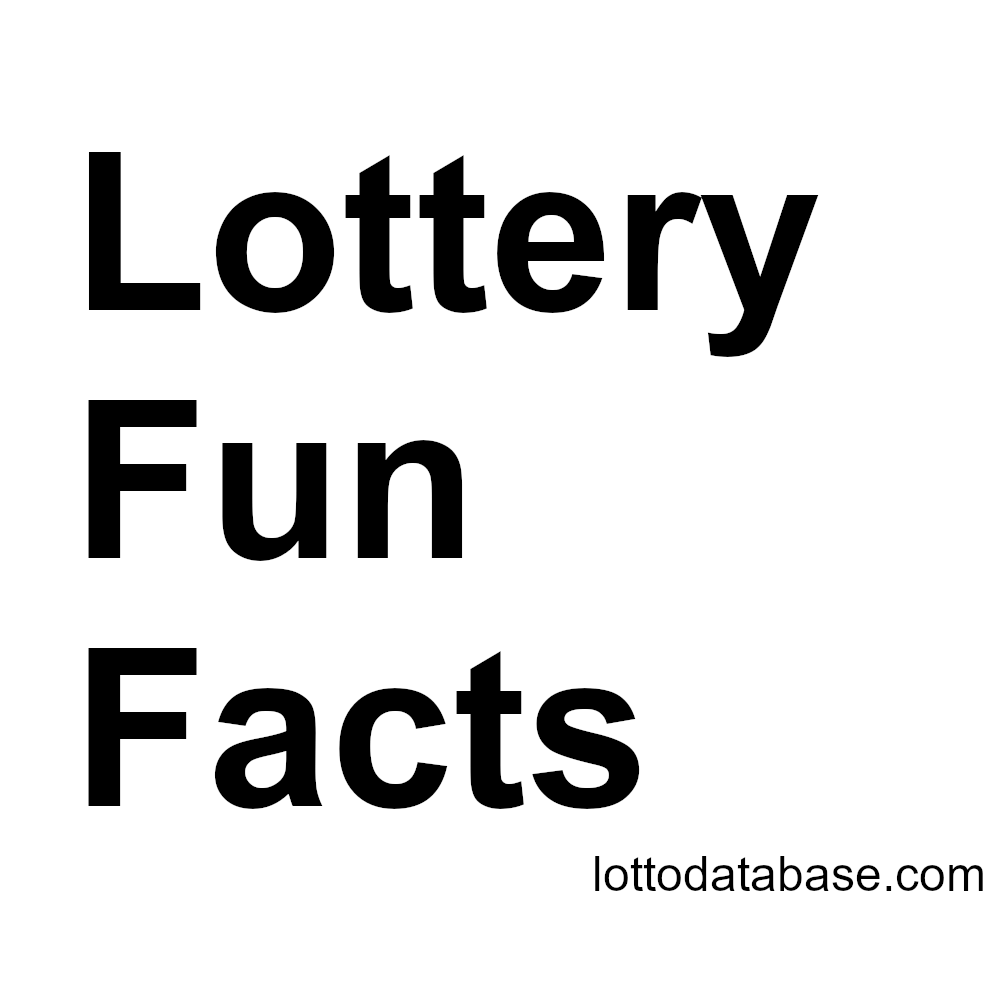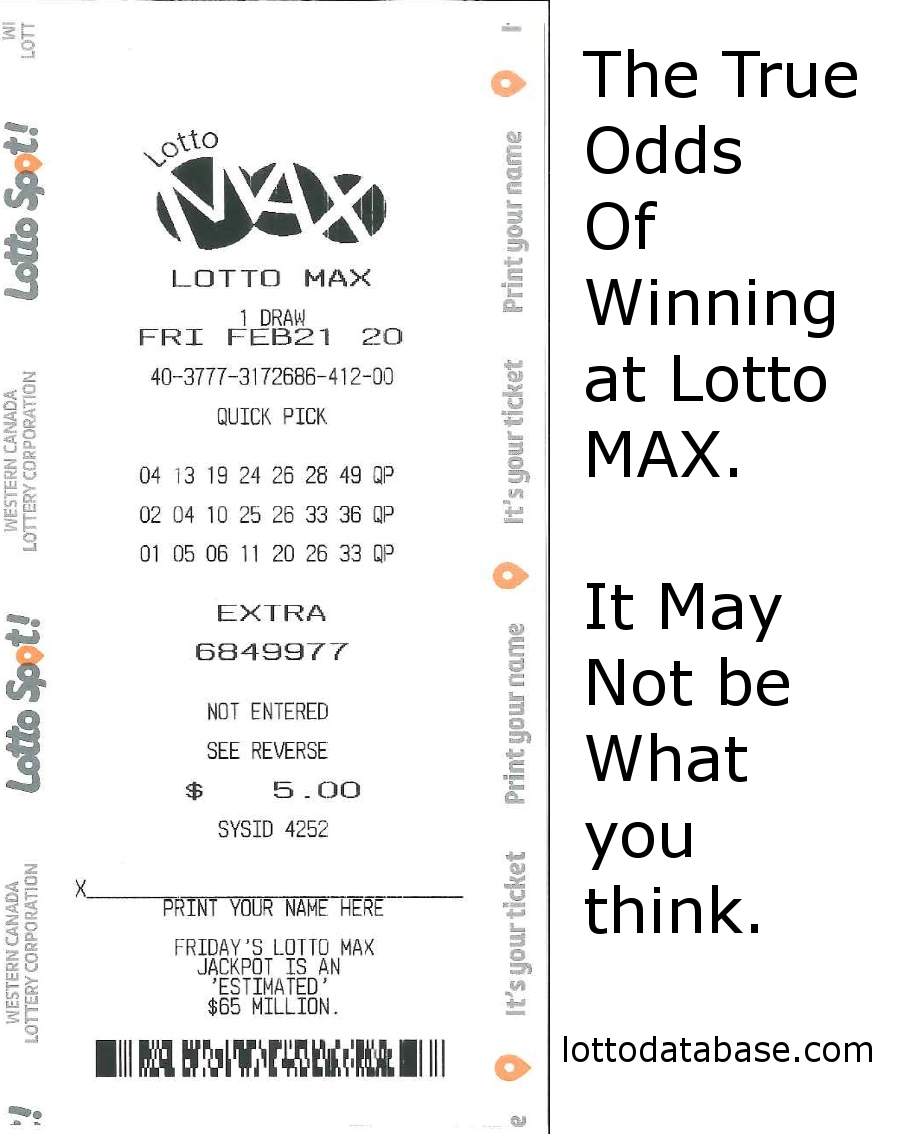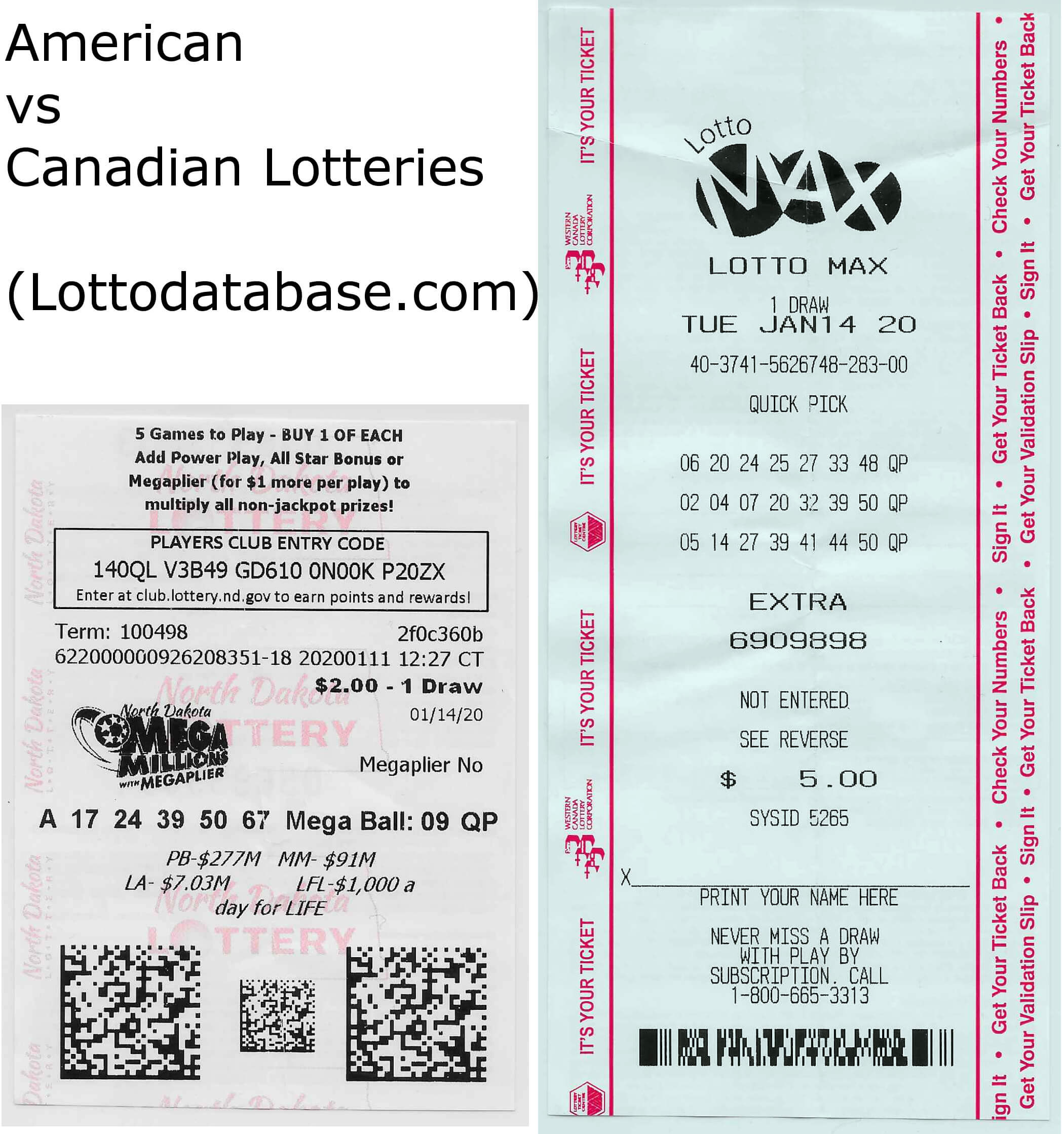
Lotteries are fun to play. Especially if you win occassionally. Here are some interesting and fun facts about lotteries.
What If Only Person Is Playing the Lottery
What happens if you are the only person playing the lotteries?
Will it increase your chances of winning?
Well, it depends on the lottery.
If you play the Canadian lottery, Lotto 649, there is a guaranteed winner every draw. One random player wins the $1,000,000 dollar guaranteed-winner prize, or the gold ball prize of starting $10,000,000. If you happen to be the only person playing, you would walk away with well over $104 Million a year (assuming your were the only player for an entire year). But chances are, you are not the only one playing this game.
Other lotteries use a percentage of the income to generate the winnings. If you are the only player, then the jackpot will only increase by small amounts. Could you imagine a jackpot of 54 cents?
However, most lotteries it doesn't matter if you are the only player, or there are multiple players, the odds of winning are the same, which is slim. Check out the various Canadian or American lotteries on our site to see those chances.
Difference between American and Canadian Lotteries
There are some major differences between American and Canadian lotteries. Check out our difference between American and Canadian Lotteries article.
Unusual Sequence of Numbers
South Africa has it own lottery equivalent to the PowerBall. On December 1, 2020, a draw occurred which was so unique that it warranted an investigation. The numbers which were drawn were 5, 6, 7, 8, 9 and a Powerball of 10.
5 - 6 - 7 - 8 - 9 - 10
Amazing!
You can view this draw (draw number 1151) at Ithuba Lottery YouTube channel
For those who are interested, there were 20 Winners of the R114 Million Jackpot. Also, the order the computer generated balls fell were 8, 5, 9, 7, 6 and Bonus 10
The African Powerball game is played with the main balls ranging from 1 to 50, with the Powerball being 1 to 20
Lotteries are games of chances. What are the chances of that happening?
Well, the odds would be the same as for any sequence, and that is 1 in 105,938,000

